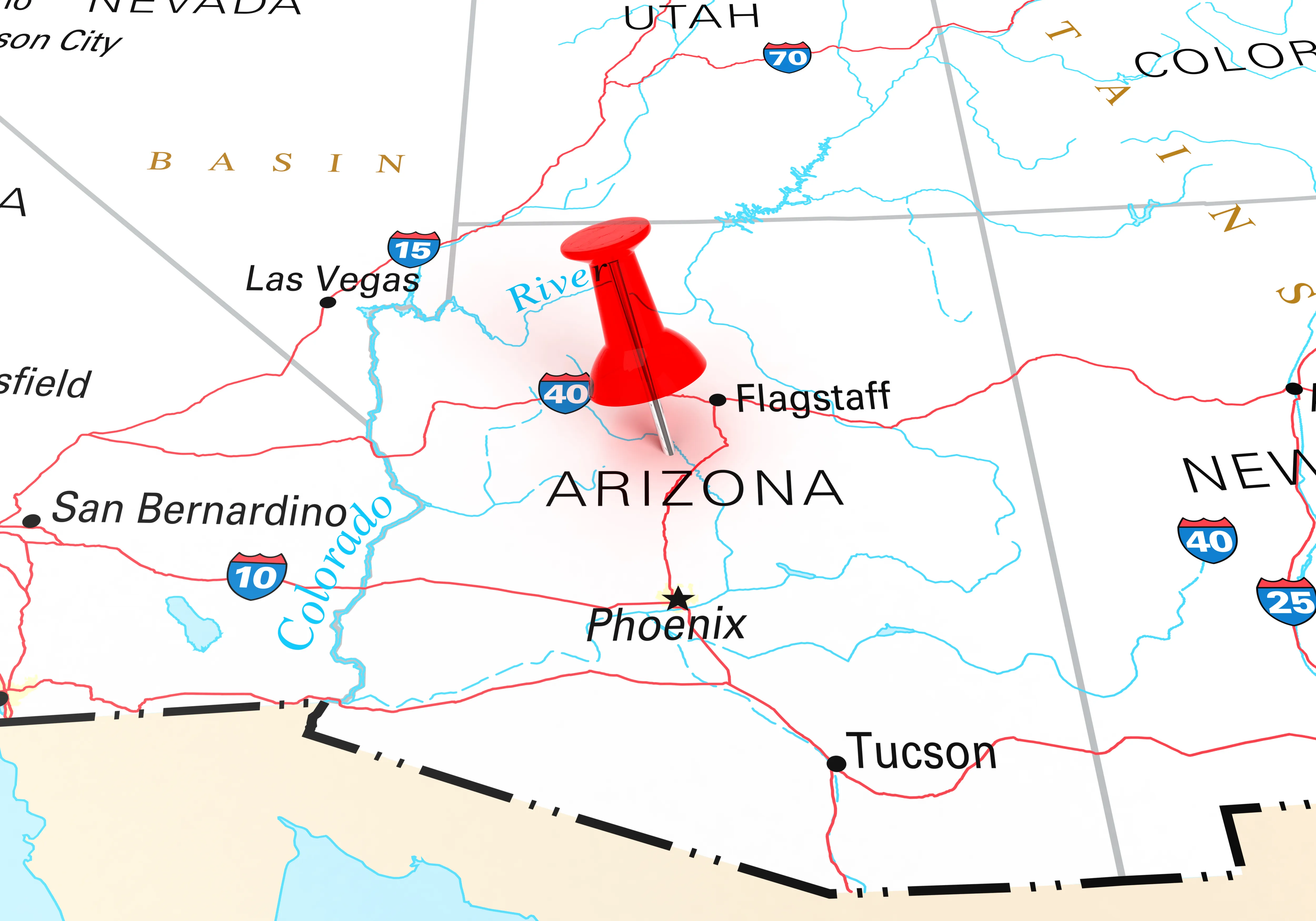
Daily Audio Newscast Afternoon Update - July 11, 2025
© INDU BACHKHETI - iStock-1336427297
News from around the nation.
Trump heads to Texas after catastrophic flooding, avoiding criticism he's heaped on other governors; Trump threatens a 35% tariff on Canadian goods, and he may double what most other nations are charged; USDA funding pause could stall conservation momentum in MI, nation; New Ohio weapons plant to bring over 4,000 jobs; Report: Occupational segregation leads to pay gap for MA women.
Transcript
The public news service Friday afternoon update.
I'm Mike Clifford.
President Donald Trump travels to Texas today amid growing questions about how local officials responded to the devastating floods, as well as questions about the federal response, including FEMA's fate that he has so far avoided that from ABC News.
The report Trump's visit comes a week after heavy rainfall caused the Guadalupe River in Cura County to rise 26 feet.
ABC notes the search for 170 still missing continues with more than 2,100 responders on the ground in Cura County.
And from CNN, President Trump late Thursday afternoon threatened a 35 percent tariff on goods imported from Canada, a dramatic escalation, and an on-again, off-again trade war with America's northern neighbor and one of its most important trading partners.
In a separate NBC News interview, he suggested blanket tariffs on all other U.S. trading partners will jump as well.
We head next to Michigan, where nearly 40 percent of applicants to two key USDA conservation programs received funding in 2024, a big increase due to recent federal support.
But a January executive order freezing that funding threatens to stall progress statewide and beyond.
Farmers say these programs help them improve soil health, reduce fertilizer use, and protect against drought.
Michael Happ of the Institute for Agriculture and Trade Policy warns that budget delays could lead many farmers to reconsider conservation efforts.
There has been this pause.
Some of the money's been released.
A lot of it still hasn't, and farmers are getting frustrated and confused, understandably.
Happ says for many farmers, federal grants are the only way they can afford to innovate.
This story was produced with original reporting from Claire Carlson for the Daily Yonder.
Crystal Blair reporting.
And a California-based defense technology company is promising more than 4,000 jobs in Ohio.
Anderle Industries plans to open a massive drone and weapons manufacturing facility near Rickenbacker International Airport in Columbus.
Anderle founder Palmer Luckey says the facility called Arsenal One will focus on cutting-edge military systems for the United States and allied nations.
It's going to be about a five million square foot facility.
We're investing almost a billion dollars of our own capital in building it out.
Jobs Ohio is awarding Anderle a record $310 million grant, more than what was given to either Intel or Honda.
Farrah Siddiqui reporting.
Massachusetts was the first state to pass an equal pay law in 1945, but the gender pay gap remains.
A new study from the National Association of Colleges and Employers shows women who are recent college grads are experiencing what the authors call occupational segregation.
The association's Mary Gata says, despite financial disparities, career satisfaction was similar between genders. pay gap continues as women continue in their career.
It's less money they're paying into social security.
It's less money they're putting into their retirement.
So it has immediate impacts around economic security, but also economic security as we age.
Nearly three quarters of men surveyed work for the private sector, while just over half of women do.
This is public news service.
A mobile unit in North Carolina that supports people who have been incarcerated has been so successful, a second unit is now rolling out.
The Recidivism Reduction Educational Program Service, or REPS, launched its first mobile resources center in January.
The first-of-its-kind center provides re-entry support and has assisted 3,000 people in its first 70 days.
Founder and head of REPS Kerwin Pittman says he was surprised at the number of people in need of the center's services.
Sometimes my specialists would stay in locations until the wee hours of the night, like 9, 10 o'clock at night.
They may have been out there since 9 in the morning just helping and servicing individuals.
So when we realized how much of a help it was, it only made sense to launch a second mobile center.
The second mobile center launched at the beginning of July with a ribbon cutting ceremony that featured North Carolina First Lady Anna Stein.
On social media, she says the unit is an innovative way to get necessary resources directly to justice-involved individuals.
I'm Eric Tegethoff reporting.
Next to Wisconsin, where the agricultural industry could see both wins and losses under the new federal budget.
Chuck Anderis with the Michael Fields Agriculture Institute says it lacks investments in key areas like technical assistance to help farmers implement conservation measures.
Anderis predicts the gutted support and incentives that will go to large farms that need it the least will weaken conservation efforts and could have long-term implications.
And so you're having more runoff and more nitrates in the drinking water, but then you're also having birth defects in babies from the nitrates in the drinking water, and you're having huge medical costs beyond the devastating effects to human health from that.
Meanwhile, Wisconsin's new state budget does include some funding for programs that incentivize farmers to use conservation practices and reduce nitrogen pollution.
And Darra says this kind of investment will help prevent flood damage, improve water quality and make agricultural systems more resilient, all of which affect public health.
I'm Judith Ruiz Branch reporting.
Finally, osprey populations on Virginia's Delmarvae Peninsula have declined drastically according to a new report that warns the species may face a population collapse in the region.
The report by the Center for Conservation Biology at the College of William & Mary found a 90 percent decline in the number of nesting pairs of osprey on the peninsula.
In 1987, researchers observed 83 nesting osprey pairs.
This year, they spotted only nine.
Center Director Brian Watts says osprey rely heavily on Atlantic menhaden for food and access to food might be the culprit for such a major decline.
The pattern that we're seeing suggests that it may be a food stress or a prey availability problem.
Ospreys specialize on fish and that's all they use.
So they're a very good indicator for fish stocks.
Watts added the research didn't include studying the diets of the osprey on the peninsula.
I'm Zimone Perez.
This is Mike Clifford.
Thank you for ending your week with Public News Service.
Member and listener supported.
Find your trust indicators at publicnewsservice.org.
















